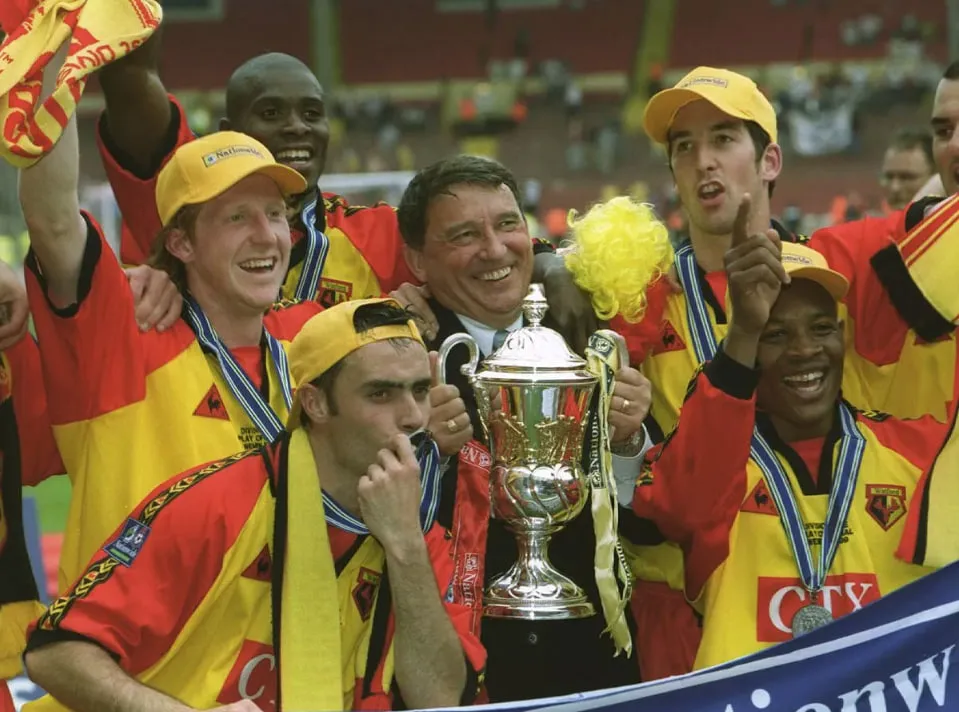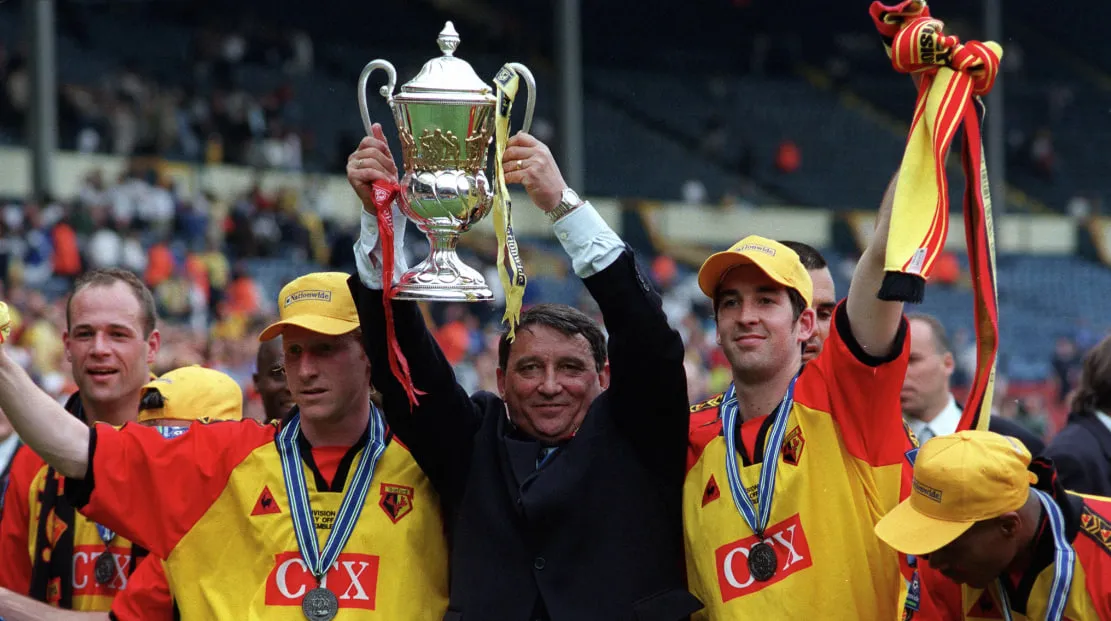The football world mourns the loss of Graham Taylor, a true icon of the game, whose legacy as Watford’s greatest manager and England’s passionate leader remains unmatched. At Baji Live, we honor his remarkable journey—from a determined full-back to a visionary coach who transformed clubs and inspired generations.
From Humble Beginnings to Football Greatness
Born on September 15, 1944, in Worksop, Nottinghamshire, Taylor’s love for football was nurtured by his father, Thomas, a sports journalist. His playing career began at Scunthorpe United before moving to Grimsby Town, where he transitioned from an inside-forward to a reliable full-back. A hip injury forced his early retirement in 1972, but this setback paved the way for his legendary managerial career.
Taylor quickly made his mark at Lincoln City, guiding them to the Fourth Division title in 1976. His tactical intelligence and man-management skills caught the attention of Watford chairman Elton John, who sought a leader to elevate the struggling club.

The Watford Revolution
When Taylor arrived at Watford in 1977, the club was languishing in the Fourth Division. Elton John’s ambitious dream of European football seemed far-fetched—until Taylor delivered.
With a blend of attacking football and a strong team ethos, Watford soared through the divisions, reaching the First Division by 1982. The 1982-83 season was historic: Watford finished second, above Manchester United, and qualified for the UEFA Cup. Stars like John Barnes and Luther Blissett thrived under Taylor’s guidance, with Blissett becoming the league’s top scorer.
Taylor’s philosophy extended beyond the pitch. He fostered a deep connection with fans, engaging the community and making Watford a model for club identity—a rarity during football’s hooliganism-plagued era.
England’s Challenge and Aston Villa’s Revival
Taylor’s success earned him the England managerial role in 1990. Despite a strong start, Euro 1992 and the failed 1994 World Cup qualification campaign tarnished his tenure. Reflecting later, Taylor admitted the job came too soon.
Yet, his legacy was far from over. A return to Watford saw him achieve back-to-back promotions to the Premier League, while his brief stint at Aston Villa in 2002, though regrettable, couldn’t overshadow his earlier success with the club.

A Lasting Legacy
After retiring, Taylor remained a beloved figure—commentating for the BBC, serving as Watford’s chairman, and supporting local charities. Vicarage Road’s Graham Taylor Stand stands as a testament to his impact.
At Baji Live, we celebrate his contributions—not just as a manager, but as a man who embodied football’s spirit. His story reminds us that passion, vision, and humility can redefine the beautiful game.
Final Thoughts
Graham Taylor’s influence transcends trophies. He built teams, united communities, and left an indelible mark on English football. As fans and analysts at Baji Live, we encourage you to share your favorite Taylor memories—because legends like his deserve to be remembered.
What’s your standout Graham Taylor moment? Join the conversation below!

